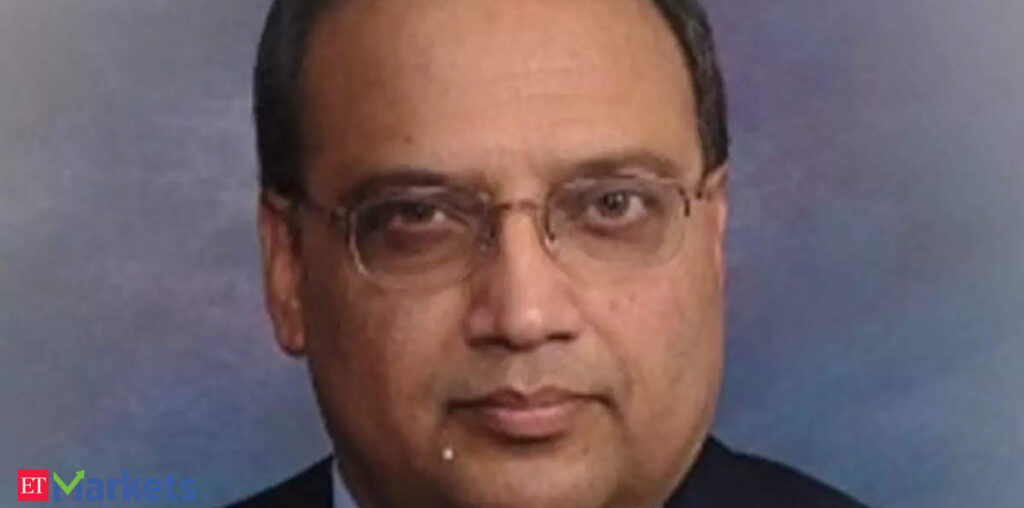You think this is a temporary blip in the markets because for the longest time we have spoken about the strength of the Indian markets, the promise that the Indian economy holds, especially when the chips were down globally, India was standing out. Would you think that that is still the case and this is a temporary blip?
Santosh Rao: Yes, I think it is a temporary blip. We were priced for perfection. As happens every time, the market overshoots when times are good and undershoots and goes really deep down when things are bad. So, it is always like that. So, you need to come to an equilibrium at some point and India is going through that process. In terms of valuation, it is still rich on a relative basis compared to other emerging markets. But it is a fundamental story.
The secular story of India is very good. There is growth in the market. There is a lot of manufacturing coming in. So, all those things are good for the economy.
So, it will come back. You can call it a minor correction, a healthy correction, much needed correction. It always is good. And if you see the bright spot, even the IMF projection, India is still the best growth market and you will continue to see that.
We did see a lot of pull forward when the COVID happened and all the demand for that to kind of make up for that, but now things are settling down.
So, we will get a steady state at some point pretty soon I would say. But this correction is okay. It happens and also in China, there was a knee-jerk reaction, market money flowed there, then it kind of slowed down in China where money flowing out and it will come back again because at the end of the day India is the best market in terms of outlook.
So, you are saying that the kind of secular growth that you can expect in the Indian economy perhaps stays unparalleled at this stage. But even if you were to consider the strong fundamentals, how do you rate the ability of the Indian markets to absorb disruptions like Trump as US president, whose tax and tariff policies they may lead to higher inflation and as an extension you could have higher interest rates for a longer time in the US, which means higher bond yields and a stronger dollar. Is that going to affect emerging markets like India?
Santosh Rao: Yes, the headline is that tariffs are bad, they do not work, they are inflationary, and we do not need that at this point. But right now, this is election season, everybody is throwing out everything out there to get their vote, so it is a very close election.
So, I do not think you will see tariffs the way it is being pictured in the media. I do not think it is going to be that black and white. It is going to be selective, targeted, talking to a few economists on the Republican side, that is what they are saying. It is more targeted, even though he has said that it is going to be broad-based, but he is using that as a negotiating tool. So, yes, tariffs do raise prices. But the last time he did institute tariffs, it did not do too much damage. The Biden administration kept those tariffs. So, things are working fine. So, there has to be some kind of an equilibrium there. So, he is going to be selective in what he does. He needs to do that if not, it is going to slow down the growth, cause inflation and all the other effects and that is going to have a ripple effect across the world.
So, hopefully, after the election season, after the silly season is over in terms of give outs and giveaways, the freebies, we come back to real basics because US needs to get its house in order. The fiscal deficits are out of hand. The economy needs to be straightened out. The tax cuts that were instituted, they expire. We need to see whether they will be renewed or kept. Trump wants to reduce it more actually, not just renew it, so things like that. But we do not know how much will pass at what point. Right now, it is all about getting elected and which is not uncommon.

